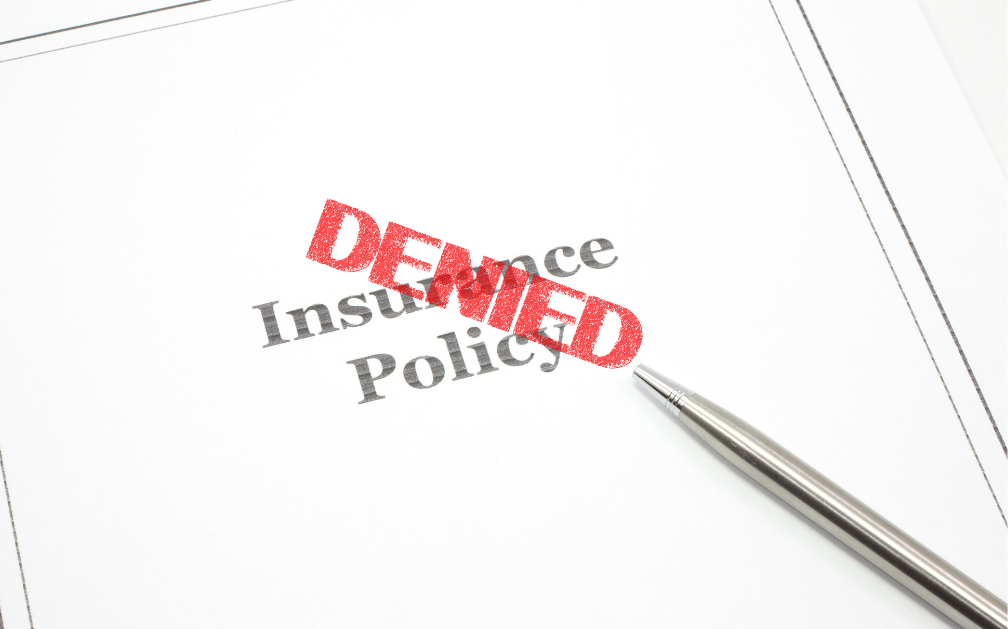Can You Have More Than One Life Insurance Policy? Advice for Providing for Your Family
Not every life insurance policy fits every family’s needs. One person’s term life insurance policy may not be enough to cover burial costs. Another person’s whole life insurance premium may be too expensive, so spreading premiums across one or two less expensive ones may allow families to build permanent life insurance cash value and provide coverage from a less expensive term life policy.
Why Have More than One Life Insurance Policy?
It basically comes down to five different scenarios:
1. You want to supplement the group coverage your employer provides. This is particularly useful if you tend to change jobs often because not every group policy can follow you.
2. Your circumstances change. Your salary increases, your family increases, or your square footage increases through buying a new home. It’s easier to add a policy to your existing one than to replace it.
3. Your financial goals change. A term policy replaces lost income. A permanent policy builds cash value. Term life insurance is less expensive and provides coverage for a limited amount of time. A permanent policy like whole life is more expensive, but it builds wealth and provides coverage for life.
4. You want the long-term coverage and cash value whole life provides but can’t afford the full cost of a permanent life insurance policy. Using a strategy called laddering life insurance, you can buy policies with different face values and spread your premium costs across each.
5. You want long-term care. There are permanent life insurance policies that offer long term care benefits with permanent life insurance coverage.
Now, as great as multiple policies sound, there is a limit to how much coverage you can buy. And how much you’re allowed to buy depends on your income and your age.
For those aged 40 or younger, you may only buy coverage equaling 25 to 35 times your annual income. Coverage is limited to 20 to 25 times annual income for those 40 to 50 years of age, 20 times annual income for those between 50 and 60 years old, and 5 times annual income for those 60 to 70 years old.
How much coverage you’re allowed to buy is also dependent on your health, hobbies, and job. The more risk you pose to the insurance company the less total coverage you’re allowed to have.
Buying More than One Life Insurance Policy? What to Expect
If you do decide to go the multiple-policy route, you will definitely need to disclose to the insurance company all the other policies you have. This keeps you honest and protects the insurance company from fraud.
You will probably be looking at additional underwriting to ensure you’re healthy. This could include an EKG on top of your medical exam and lab testing.
And, you may also have to prove your income matches what you claim to make. This includes assets, too.
Again, not every life insurance policy fits every family seeking insurance. Take time to find the lowest term insurance rates and the best permanent life insurance policies you can find. There’s some surprisingly affordable online life insurance quotes out there you can leverage in a strategy you never thought was possible.














